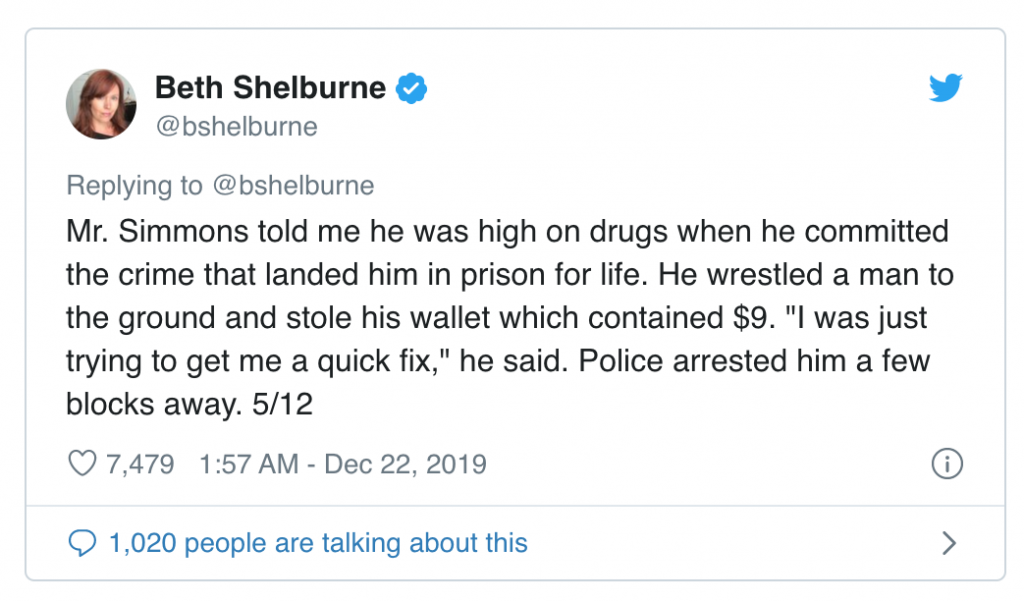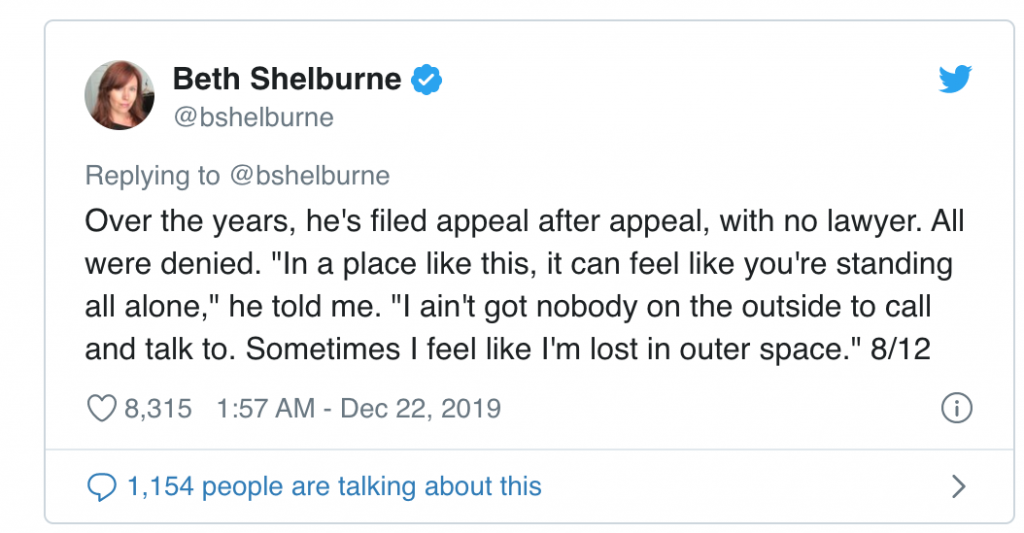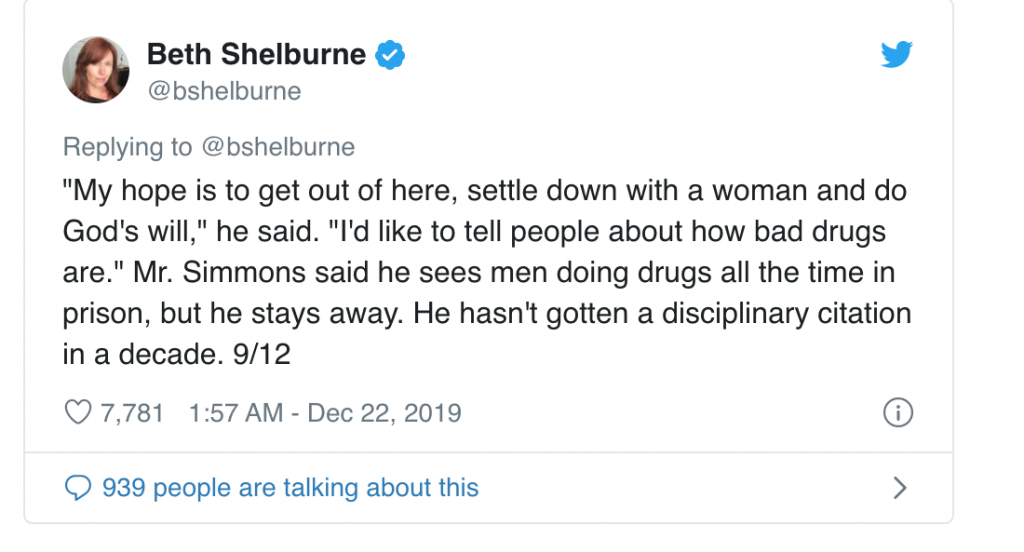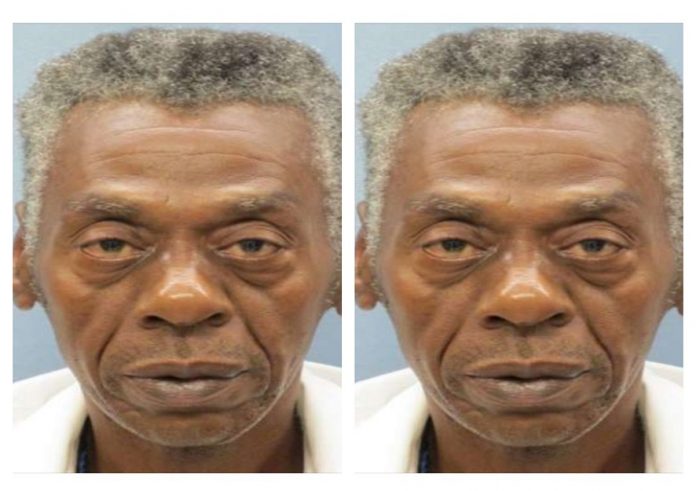Willie Simmons was 25 when authorities in Alabama decided he would spend the rest of his life incarcerated for stealing $9.
Now 62, Simmons has spent the last 38 years in prison after he was convicted of first-degree robbery and sentenced to life without parole in 1982 under Alabama’s habitual offender law.
Simmons’ predicament came to light through the reporting of Beth Shelburne, a reporter and producer for WBRC.
MORE ABOUT THIS
- Why is America spending taxpayers’ $944m to incarcerate innocent blacks?
- From death row to 30 years jail life, these blacks were wrongfully incarcerated
- Nigeria Should Negotiate Urgent Release of Abducted Chibok Girls
- Ethiopian Protesters Shave Heads in Solidarity with Incarcerated Opposition Leaders
Speaking to Shelburne, Simmons said he hasn’t had a visitor since 2005 after his sister died. “Haven’t heard from nobody since then.”
According to Shelburne, in 1982, Simmons, an Army veteran, who became addicted to drugs while stationed overseas was prosecuted under Alabama’s habitual offender law because he had three prior convictions.
Incarcerated at Holman, one of the most violent prisons in the United States, Simmons is studying for his GED and “tries to stay away from the wild bunch.”
He got sober in prison 18 years ago, despite being surrounded by drugs, Simmons told the Alabama reporter. “I just talked to God about it,” he said.
Simmons said he was high on drugs when he committed the crime that landed him in prison for life. He wrestled a man to the ground and stole his wallet which contained $9, he told Shelburne.
“I was just trying to get me a quick fix,” he said.
Police arrested him a few blocks away.

Simmons’ trial lasted for 25 minutes and his appointed attorney calling no witnesses. Prosecutors did not offer him a plea deal, even though all of his prior offenses were nonviolent, he told Shelburne. “They kept saying we’ll do our best to keep you off the streets for good,” he recollected grimly.
Over the years, he’s filed appeal after appeal, with no lawyer. All were denied.
“In a place like this, it can feel like you’re standing all alone,” he said. “I ain’t got nobody on the outside to call and talk to. Sometimes I feel like I’m lost in outer space.”
“My hope is to get out of here, settle down with a woman and do God’s will,” he said. “I’d like to tell people about how bad drugs are.”

In 2014, lawmakers removed the last avenue of appeal for people like Simmons serving life without parole under the habitual offender law.
The Habitual Offender Law can trigger a life prison sentence – sometimes even life without the possibility of parole – depending on a defendant’s criminal record, According to AL.com
That notwithstanding, Simmons hopes to be free one day. “Yes, I’ve been hoping and praying on it,” he said. “I ain’t giving up.”

Simmons’ situation gives credence to the long-held view that the racial disparities in America’s criminal justice system are no accidents, and that they are deep-rooted in history to suppress the Black American.
According to Cornell law professor Sheri Lynn Johnson, in 1985, after reviewing a dozen mock-jury studies the “race of the defendant significantly and directly affects the determination of guilt.”
Enter email address to receive updates from Face2face Africa.
face2faceafrica.com

Putting a spotlight on business, inventions, leadership, influencers, women, technology, and lifestyle. We inspire, educate, celebrate success and reward resilience.















